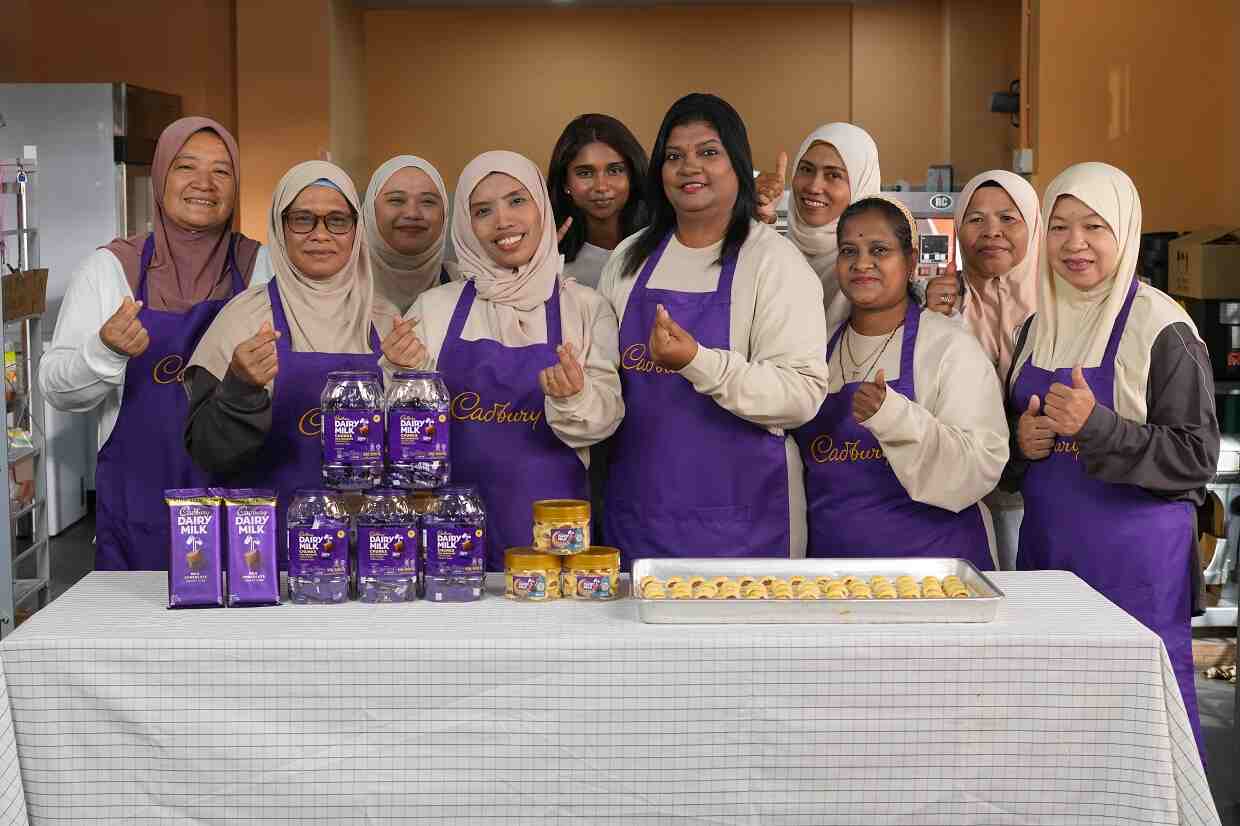By Unicef Malaysia
The United Nations Children’s Fund (Unicef) applauds the Government of Malaysia’s decision to accede to the Optional Protocols of the Convention on the Rights of the Child (CRC) which prohibits the sale of children; criminalises all forms of sexual exploitation, including prostitution and pornography; and bans the recruitment and use of children by armed forces and groups.
The Minister of Women, Family and Community Development Senator Dato Seri Shahrizat Abdul Jalil shared the good news with some 100 guests, many adolescents, during yesterday’s launch of Unicef’s State of the World’s Children 2011 report in Malaysia, themed “Adolescence – An Age of Opportunity.”
“The planned ratification of these child rights Optional Protocols is a milestone and underscores Malaysia’s commitment to protecting children not just in Malaysia, but across the world,” said Unicef Representative to Malaysia, Mr. Hans Olsen. “The announcement to join the international community in the fight against the sale of children, child prostitution and child pornography was made particularly significant as it happened in the presence of adolescents who are the main benefactors of such protection.”
Stronger protection for children
The two Optional Protocols to the Convention on the Rights of the Child were adopted in 2000 by the United Nations General Assembly to stem the growing abuse and exploitation of children worldwide and increase the protection of children from involvement in armed conflicts and from sexual exploitation. Both Optional Protocols became legally binding in 2002.
“The two protocols provide stronger protection and complements those already enshrined in the CRC,” added Mr. Olsen. “For example, the Optional Protocol on the sale of children, child prostitution and child pornography details requirements to end the sexual exploitation and abuse of children. It also protects children from being sold for non-sexual purposes—such as other forms of forced labour, illegal adoption and organ donation.”
The ratification of the Optional Protocols means the Malaysian government accepts the obligation to respect, protect, promote and fulfil the rights of the child and signifies an agreement to be legally bound by the terms of the Convention. Governments that ratify these treaties must report to the Committee on the Rights of the Child, the body of experts charged with monitoring a country’s implementation of the Convention and Optional Protocols. These reports outline the situation of children in the country and explain the measures taken to realise their rights.
Universal ratification
In 2010, on the 10th Anniversary of the CRC Optional Protocols, the United Nations launched a Campaign which called for universal ratification of the Optional Protocols. The campaign also called on for countries to ensure the Protocols are effectively implemented by incorporating them into national legislation, policy and planning, and providing victim protection and rehabilitation programs.
To date, 147 countries have ratified the Optional Protocol on the Sale of Children, Child Prostitution and Child Pornography, and 142 have ratified the Optional on the Involvement of Children in Armed Conflict.
Convention on the Rights of the Child (CRC)
The Convention on the Rights of the Child (CRC) is an international treaty that recognises the human rights of children, which include: the right to survival; the right to develop to the fullest; the right to protection from harmful influences, abuse and exploitation; and the right to participate fully in family, cultural and social life. Since the adoption of the Convention in 1989, countries have adopted new constitutions which include child rights and some countries have adopted consolidated child right statutes, such as Child Acts. Malaysia ratified the CRC in 1995.
Optional Protocols to the CRC
An “Optional Protocol” to a United Nations treaty is an additional document added to an existing treaty, sometimes years after the treaty has come into force. An optional protocol can include more detail about matters that were in the original treaty, or it can deal with issues that have come up since the treaty was written. The optional protocol can add rights and obligations that were not in the original treaty. Also, the protocol can provide for procedures related to the treaty.
§ The Optional Protocol on the sale of children, child prostitution and child pornography draws special attention to the criminalisation of these serious violations of children’s rights and emphasises the importance of fostering increased public awareness and international cooperation in efforts to combat them.
§ The Optional Protocol on the involvement of children in armed conflict establishes 18 as the minimum age for compulsory recruitment and requires States to do everything they can to prevent individuals under the age of 18 from taking a direct part in hostilities.












